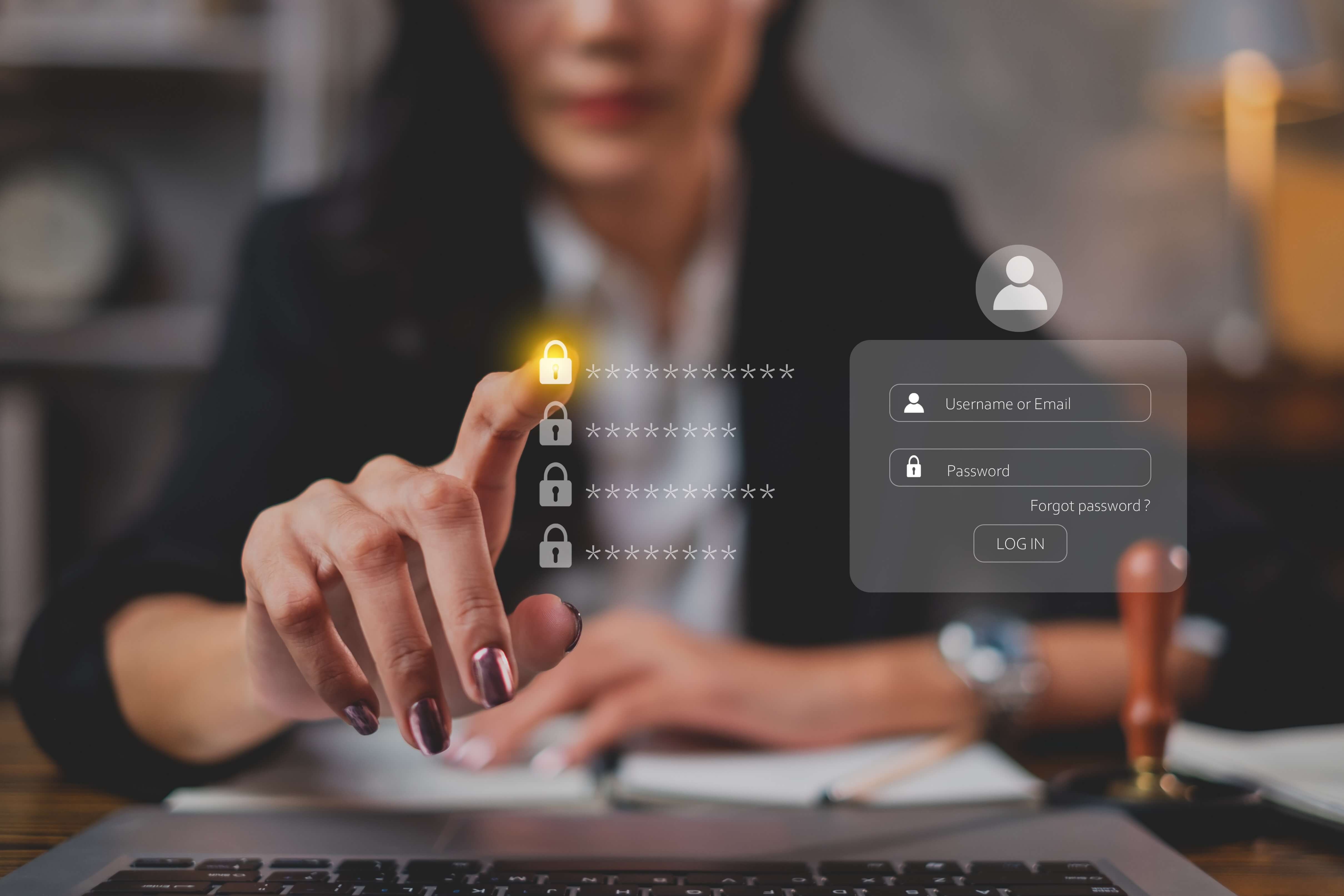BankIowa
Updated Mon March 18, 2024
Published Under: Fraud Prevention & Security

Having a secure password for all your online accounts can help protect you against someone trying to steal your personal information. A strong password is one that is difficult to guess and uses a combination of letters, numbers, and symbols. By creating a secure password, you can help ensure that your online accounts are protected against unauthorized personnel.
- Avoid using real words or personal information
This may include personal information like dates or names. Using real words can cause a dictionary attack, which is a systematic method of guessing a password by trying many common words and their simple variations.
- Do not repeat passwords across multiple accounts or sites
While this technique helps people remember multiple logins for multiple sites, it is a poor way to manage accounts, since once a password is compromised, it can be vulnerable across multiple accounts.
- Never write down your passwords
While writing down your passwords helps you remember them, this is an easy way for someone to steal them when you’re not looking. Use a password manager like KEEPER, Authenticator, or NordPass instead. Most password managers include multi-factor authentication to provide extra security for all your passwords.
- Update passwords frequently for your most valuable data
Most sites include security measures to protect your information, but no security system is completely immune to cyberattacks. Changing your passwords every few months ensures that data that has been hacked in the past cannot be used for future hacks.
- Do not rely on your browser as your “password manager”
Browsers like Microsoft and Chrome give the option to store passwords for the websites you frequently visit. Hackers, though, are able to use “cookies” and types of malware to obtain passwords from those browsers, making it easier than ever to steal your personal information. Also, if your physical device is stolen, people can easily get into your accounts because the browsers automatically fill in the passwords to the sites you visit and use.
Remember to always be vigilant about your online security and take these steps to protect your personal information. By doing so, you can enjoy your online activities more freely and securely.
If you have questions about using your password with our online or mobile banking sites, contact us during normal business hours.

Comments